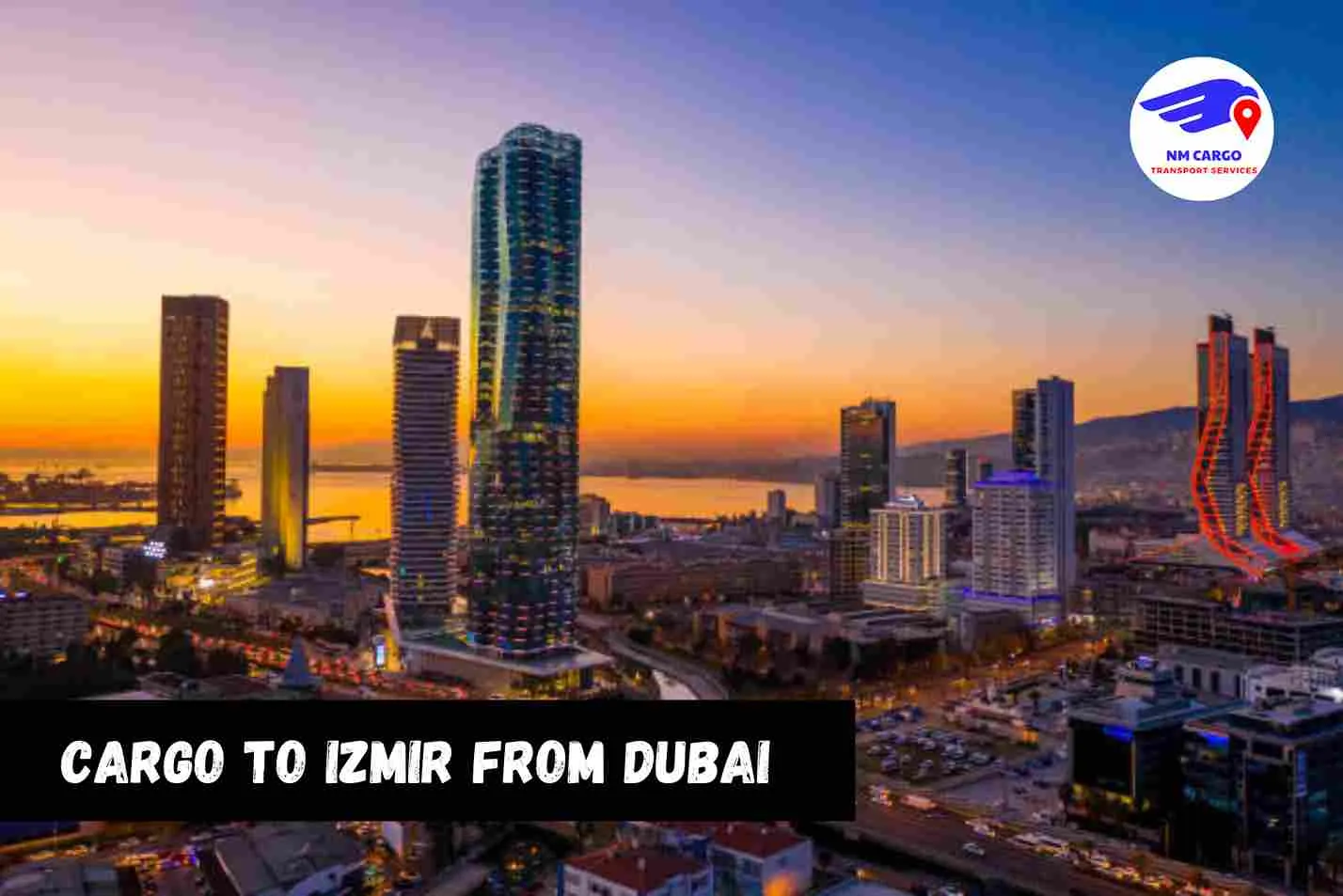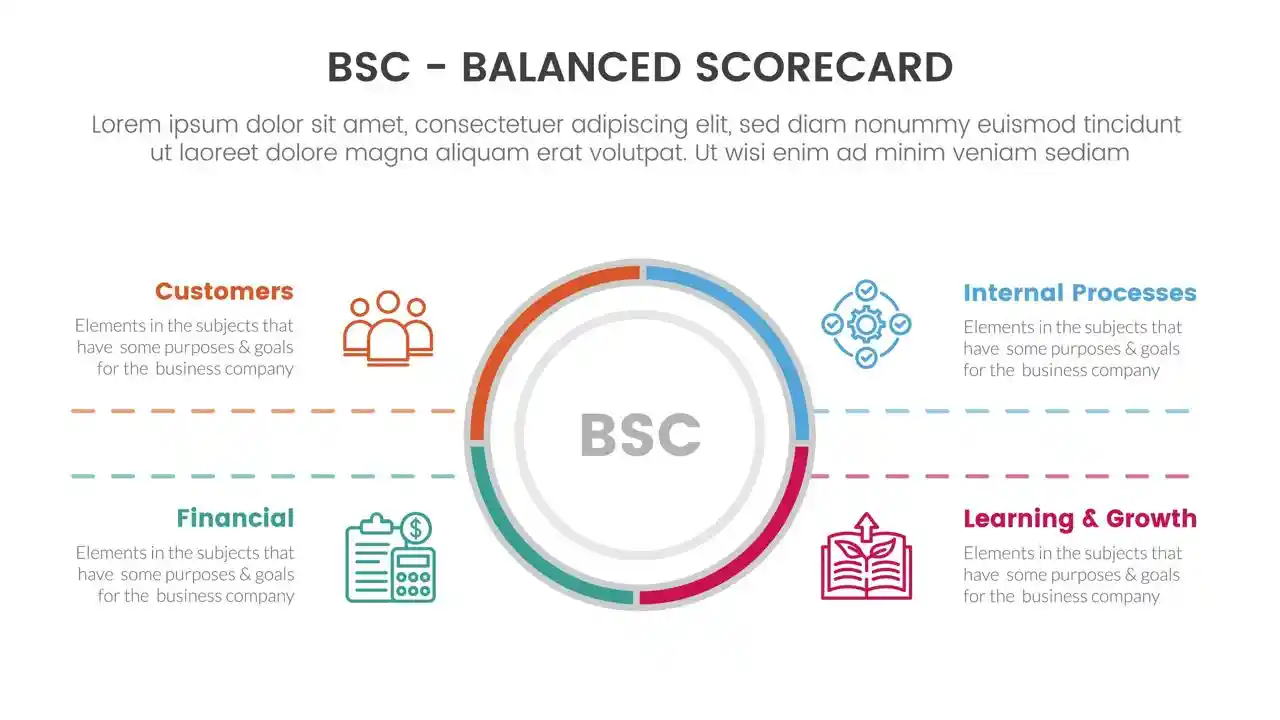In today’s globalized economy, efficient and reliable cargo services are crucial for businesses looking to expand their reach. For companies and individuals shipping goods between Dubai and Izmir, understanding the logistics involved can significantly impact the efficiency and cost-effectiveness of the operation. This guide provides an in-depth look at the process of shipping cargo from Dubai to Izmir, covering key aspects such as shipping methods, documentation, costs, and tips for ensuring a smooth transit.
1. Overview of Dubai to Izmir Cargo Services
Izmir, one of Turkey’s major cities and a significant port on the Aegean Sea, serves as a vital hub for trade and logistics. Dubai, known for its strategic location and advanced logistics infrastructure, connects businesses in the Middle East with markets in Europe and Asia. The route between Dubai and Izmir is well-served by various cargo services, including air freight, sea freight, and road transport, each offering different advantages depending on the nature of the shipment.
2. Shipping Methods: Choosing the Right Option
2.1 Air Freight
Air freight is the fastest method for shipping cargo from Dubai to Izmir. It is ideal for high-value, time-sensitive shipments that require quick delivery. Major airlines and cargo carriers operate flights between Dubai International Airport (DXB) and Izmir Adnan Menderes Airport (ADB). The advantages of air freight include reduced transit time and enhanced security, although it is typically more expensive than other methods.
2.2 Sea Freight
Sea freight is a cost-effective option for bulkier and less time-sensitive shipments. The route from Dubai to Izmir involves shipping via the Mediterranean Sea. Major shipping lines offer container services that can handle a wide range of cargo types, from general cargo to specialized goods. Sea freight is less expensive than air freight but requires more time, usually ranging from two to four weeks depending on the specific service and shipping conditions.

2.3 Road Transport
Road transport is an option for shipments that are part of a broader logistics strategy, especially if combined with sea freight. This method involves trucking cargo from Dubai to Izmir, either directly or through connecting ports and distribution centers. While road transport can offer flexibility and door-to-door service, it is often used in conjunction with other shipping methods for optimal efficiency.
Effortless PayPlus Card Balance Access
With the PayPlus Card Balance Check Online feature, managing your finances is a breeze. Check your balance anytime, track your spending, and ensure your funds are always sufficient. This user-friendly service provides a secure way to stay on top of your PayPlus card activities with minimal effort.
3. Required Documentation and Customs Procedures
3.1 Essential Documentation
Shipping cargo from Dubai to Izmir requires several key documents, including:
- Commercial Invoice: Details the nature of the goods, their value, and the terms of sale.
- Packing List: Provides a detailed breakdown of the cargo, including weights and dimensions.
- Bill of Lading (BOL): A legal document between the shipper and the carrier, outlining the details of the shipment.
- Certificate of Origin: Certifies the origin of the goods, which can be important for customs processing.
- Import/Export Licenses: Depending on the nature of the goods, specific licenses may be required.
3.2 Customs Clearance
Both Dubai and Turkey have stringent customs regulations that must be adhered to. In Dubai, the Dubai Customs Authority handles export clearances, while in Turkey, the Turkish Customs and Trade Ministry oversees import procedures. It is crucial to ensure that all required documents are accurately completed and submitted to avoid delays. Engaging a customs broker or logistics provider with expertise in international shipping can facilitate smoother customs clearance.
Shipping cargo from Dubai to Izmir involves careful planning and coordination to ensure a smooth and efficient process. By understanding the available shipping methods, required documentation, cost factors, and best practices, businesses and individuals can make informed decisions and achieve successful outcomes in their cargo operations. NM Cargo is committed to providing expert guidance and reliable services to facilitate seamless shipping between these two key locations.




